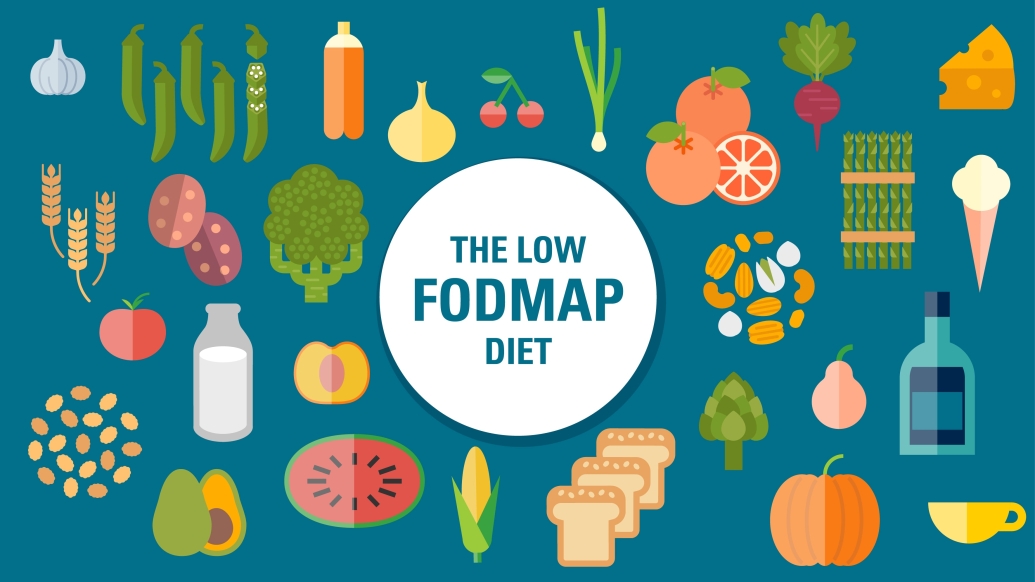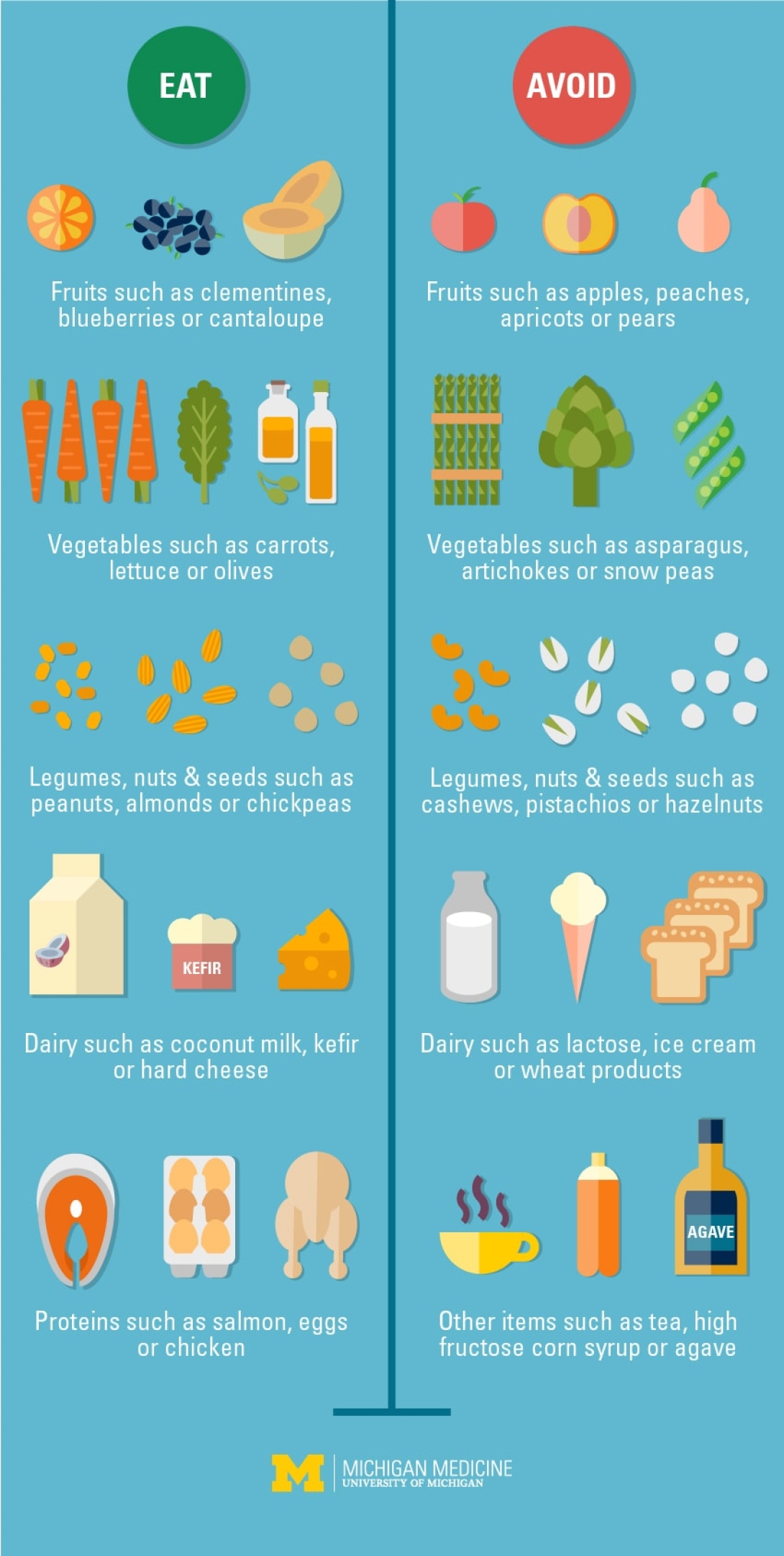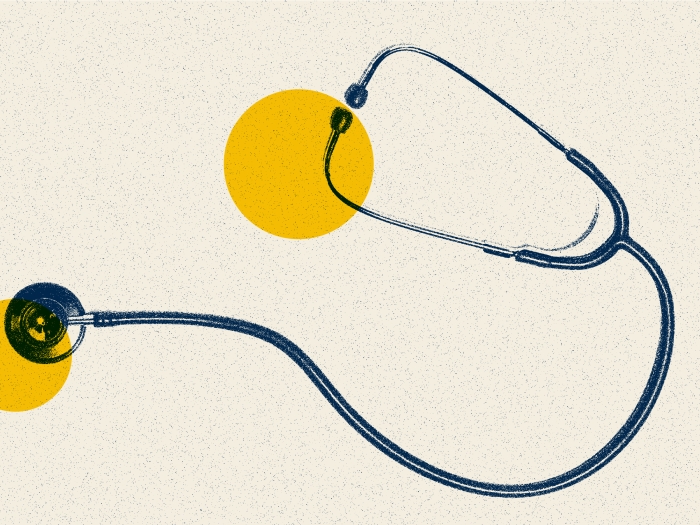A diet that seeks to identify and eliminate foods that trigger IBS is helping people find relief without medication.
8:00 AM
Author |

When it comes to easing irritable bowel syndrome (IBS) through a plan known as the Low FODMAP diet, success isn't as simple as following a new recipe.
Some detective work is required.
An elimination diet that cuts out certain carbohydrates that may incite IBS symptoms such as bloating, cramps and diarrhea, the Low FODMAP model reinstates the items gradually to determine which ones are triggers for particular individuals.
"At the end of the process, everyone has a different set of food triggers," says Lauren Van Dam, M.S., R.D., CNSC, a gastrointestinal dietitian for the University of Michigan Health System. "What might be tolerated by one person might not work for the next."
What does Low FODMAP mean?
FODMAP classifies carbohydrates that are poorly absorbed and highly fermentable by gut bacteria. It's an abbreviation:
Fermentable (or gas producing)
Oligosaccharides (fructans and galactans)
Disaccharides (lactose)
Monosaccharides (excess fructose)
And
Polyols (sugar alcohols)
A new site explaining the intricacies of FODMAPs was recently launched by the U-M Health System to help people decode the concept.
Put into practice, the wide-ranging purge list spans items that include milk, apples, artichokes, most legumes, and wheat. Even minor inclusion of a trigger item such as garlic in, say, salad dressing or powdered form can spur IBS discomfort.
"There's a lot of label-reading involved," Van Dam says.

Who should try it?
The diet, developed more than a decade ago by researchers at Monash University in Melbourne, Australia, can be highly effective for IBS sufferers and offer an alternative to medication therapy.
"It's really the best diet approach you can take to manage IBS symptoms," Van Dam says. "As far as research goes, up to 75 percent of people with IBS will feel better on this diet during the elimination phase."
Complications and caveats
Although the diet is growing in awareness among physicians and patients, the Low FODMAP plan shouldn't be attempted without the guidance of a registered dietitian.
Nor should it be viewed as a means of weight loss. The primary goal, Van Dam says, is to ease gastrointestinal symptoms and identify triggers.
And the triggers can be sneaky: Peanuts are permitted, but not cashews. Carrots are usually OK; mushrooms aren't.
"It's definitely complicated … lots of exceptions that aren't necessarily logical," says Van Dam, who has seen clients who have tried the diet unassisted and failed because they found the parameters too restrictive or confusing. "Portion sizes, in particular, are very important."
Consider broccoli: It's permitted under the Low FODMAP plan, but only in small quantities.
The method's elimination-based nature, likewise, might be inappropriate for those who are underweight or malnourished. Patients with existing diet restrictions (due to conditions like diabetes or kidney disease) will require special planning to ensure they are eating a balanced diet throughout the elimination and reintroduction process.
An experienced dietitian can help ensure the Low FODMAP diet is done both correctly and healthfully.
How long should patients stay on it?
The Low FODMAP elimination phase lasts two to four weeks, followed by the reintroduction process, which might last six to eight weeks. This typically involves three visits with a dietitian to tailor diet recommendations, track progress and maximize outcomes.
From there, in most cases, patients can return to eating a varied diet, leaving out the foods determined to be troublesome.
In addition to research proving the diet's effectiveness, Van Dam also can cite plenty of Low FODMAP success stories from patients she has advised.
"Sometimes, because they're feeling so much better, they report they have increased energy levels and their overall quality of life has improved," she says. "That's not uncommon for us to hear."

Explore a variety of health care news & stories by visiting the Health Lab home page for more articles.

Department of Communication at Michigan Medicine
Want top health & research news weekly? Sign up for Health Lab’s newsletters today!





